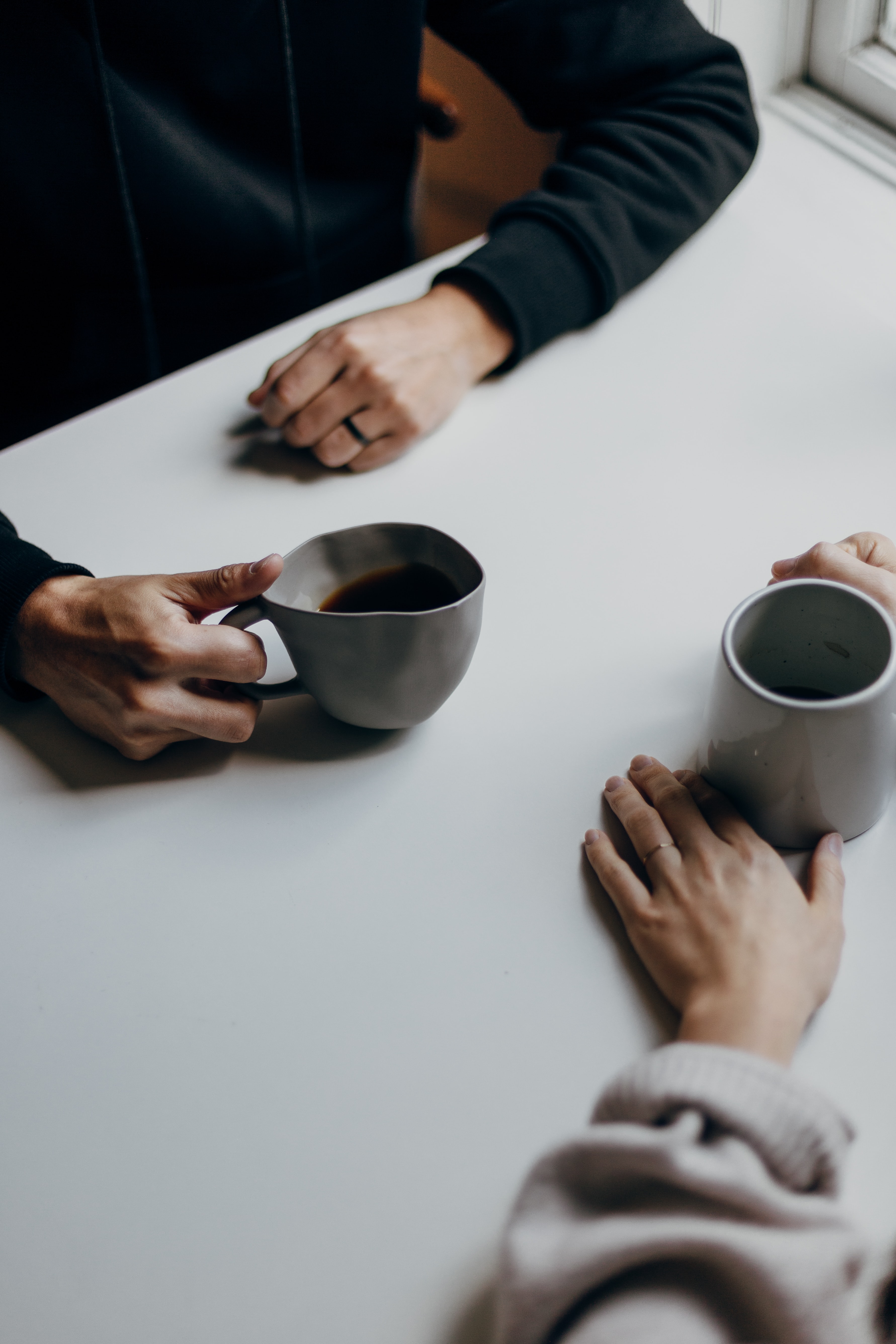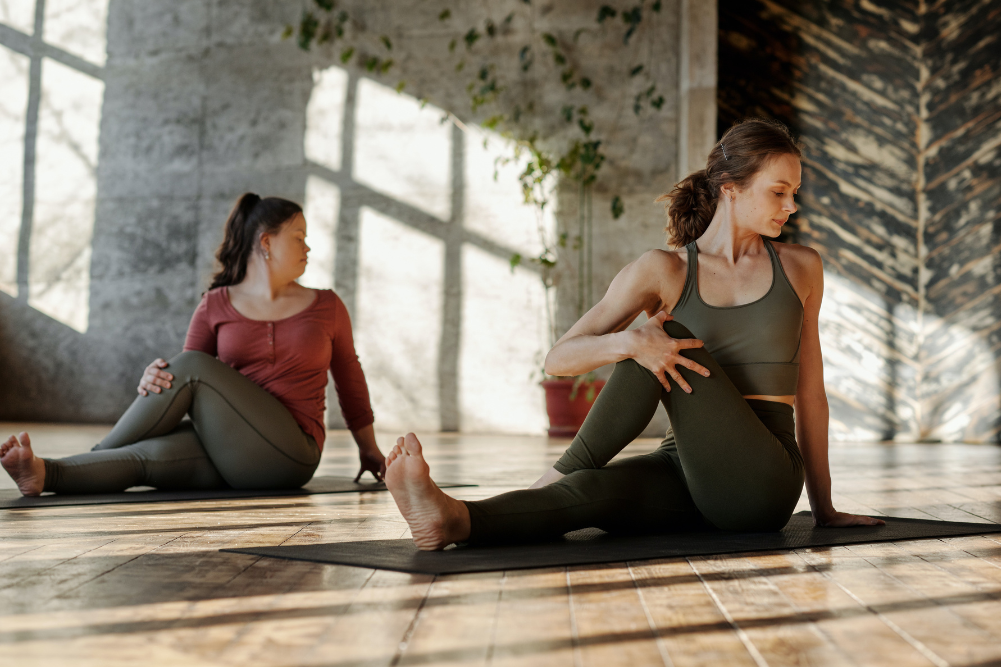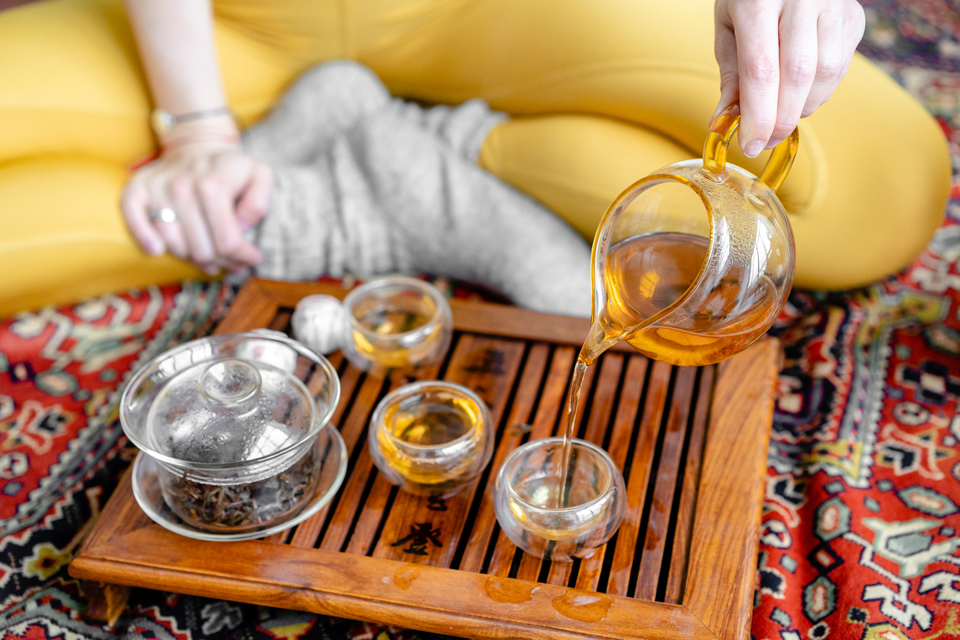Would you feel happier if you did less? Would you feel more creative and energised if you had time that was intentionally unproductive? Definitely, says Olga Mecking, the author of Niksen: Embracing the Dutch Art of Doing Nothing.
Niksen means “nothing-ing” in the Netherlands, Olga’s home for the past 10 years. She was drawn to the concept for its powerful simplicity. “For niksen, you don’t have to do anything,” she says enthusiastically over Zoom from her home in The Hague. “You don’t have to buy candles or sweaters, you can just do nothing.”
When you do niks (nothing) you might daydream, cloud-watch or spend quality time on the sofa without distractions. Olga believes it’s an oasis against stressful living. The enjoyment of doing nothing helps Dutch people live a more balanced life.
An antidote for busyness
Originally from Poland, Olga was writing and raising a family in her new country of residence when she realised that there was a local word for the practice of zero-output relaxation. She wanted to tell the world about niksen, which she felt could be just as useful as, but easier than, Danish hygge or Japanese ikigai (see the lift-out insert in this issue of Being to explore ikigai for yourself).
Then an article she wrote for The New York Times, “The Case for Doing Nothing”, was published in April 2019 and suddenly went everywhere. It was shared 150,000 times. Niksen went from a Dutch-only idea to an antidote to the cult of busy.
“I think that people are also fed up with wellness trends that tell them: You’re not doing enough. You should be more mindful, you should do more yoga, you should buy this or that,” says Olga. “People are ready to reclaim negative terms like boredom, procrastination or laziness.”
Instead of relaxing on her couch, Olga was in demand. She was offered a book deal. Writing it would involve zero niksen; her viral article meant competition from other publishers. Olga’s book, Niksen: Embracing the Dutch Art of Doing Nothing, hit the shelves in 2020 just before two other books about niksen were published, and another is due for release in March 2021.
This is the irony about taking it easy: there’s always a fear that you shouldn’t — that success comes to those who work hard, constantly. How did Olga, who practises niksen by pausing while reading a book to think about a favourite sentence, or to people watch on public transport, write a book about doing less, with pressure to produce it as quickly as possible?
“I wrote it quickly, because it was timely,” she explains. “Yes, it was really hard work. But then I could do nothing.” Olga’s message that doing less can give you a bigger life resonates with me, as does her linking rest with inspiration. Sometimes I feel that I spread my time like icing on a cake, but a cake that I don’t get to eat. I asked her how she feels niksen feeds her creativity, when I feel that my productivity is measured in keyboard taps. “To be productive, we need to give our brains a break,” she says. “If I spend too much time writing, I get tired, and I don’t do good work. Rest and your brain recharges, and you have new insights. I like to think of a break as where my ideas bump into each other in my head and create something new.”
Making peace with missing out
When I try it, I’m surprised by how hard it is. I’m conditioned to use time as a finite resource, rather than something that renews each day. I work as many hours as I can, and combine walking the dog with buying groceries. Carving out time just for nothing becomes time just for me. It is restorative. I like my own company.
I ease off the (unrealistic?) work expectations, too. I take breaks to walk, and I pick a time to switch off “work mode”. Rested, I feel more confident. A good night’s sleep helps me make better decisions. I can untangle problems in my work, and I have greater clarity about the work I want to do. I’m sensitive to the ideas dancing in my head. Doing nothing allows me to pick the ones I want to act on, not the ones I feel I should.
Making niksen part of my week means rethinking my output. I have to be clear about working with intent, rather than sitting for long periods and getting distracted. Unexpectedly, it reframes other thoughts. I go for a swim because I want to feel that push through the water, not because I need to exercise. It helps me connect to what I want to do and pace out my life-admin tasks more sensibly. I feel calmer with more nothing. I got to eat some of that time cake. I understand why the Dutch call it “lekker niksen”: delicious nothing.
Olga isn’t trying to sell us a magic solution. She is pointing out that we’re getting lots of mixed messages: work hard (but play hard too), enjoy food (but be slim), live a fulfilled life (but don’t dwell on what may stand in your way). “As women, we are told: ‘You can do everything, you can be anything’,” she explains. “That’s an important message, but it’s also important for us to normalise rest for women.” Doing nothing regularly is a way of making peace with missing out — of being enough as you are.
Fostering a niksen practice
In Australia we do not have a comparable social support system to that of the Netherlands. The Organisation for Economic Co-operation and Development (OECD) ranked the Netherlands top in its work-life balance, whereas a study by the Australian Centre for Future Work discovered that 2.4 million full-time workers had gone a year without taking leave, with 86 per cent experiencing burnout as a result. The Dutch have subsidised childcare, yet Australian daycare is among the most expensive in the world. As a society we frown on doing less, but it can mean women work for free.
What does Olga suggest can help foster a niksen practice when structurally there isn’t the same support for it here in Australia? “It will depend on what kind of person you are. Some people like scheduling things and if they put time for niksen in their agendas, they will see it as important. Then there are people who prefer being spontaneous. They can grab those ‘waiting’ moments we all have in the day, and instead of scrolling on your phone, do nothing.”
In my case, making time for nothing reminded me of the valuable work that I do. Some paid, some unpaid. I focused on the quality of my work rather than the amount of pressure I can withstand. I was happier because I was being kinder to myself.
Olga’s book makes it clear that niksen is not for everyone, all of the time. If you are suffering from a mental illness such as depression, or likely to lose a job for taking a break for a walk, this is not the right time for it. But the message is important: you can do less and be happier with yourself.
Want to learn more about being nourished? Visit our nourished archive page.




